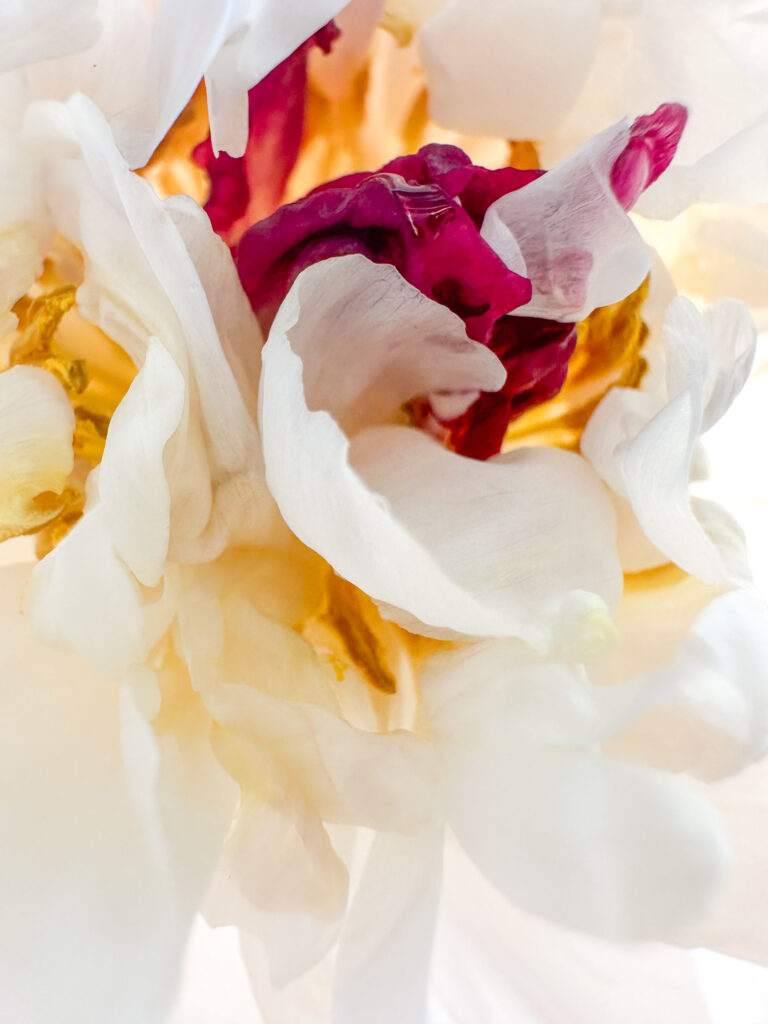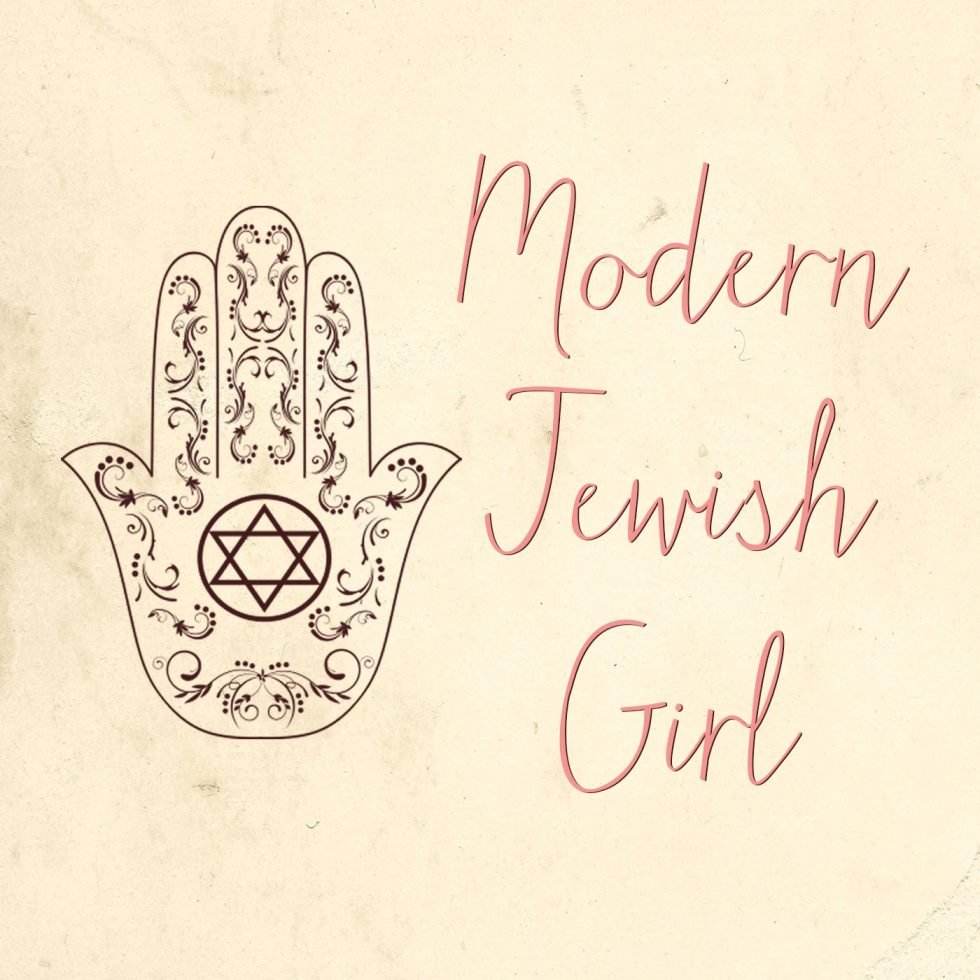Elul is one of those months that always seems to sneak up on me. Wasn’t Pesach, like, yesterday? So much has happened this year, yet it’s hard to believe we’re already facing a new one.
This time around, one of the first feelings that pops into my head is actually gratitude. We’ve gone through so much tragedy — as a people and in the larger world — with continuing COVID challenges, Meron, Surfside, rockets in Israel and increased anti-Semitism, just to name a few. Yet, we’re still standing. And if we’re still standing, we’re blessed, and I don’t want to take that for granted. We’re here and we get a fresh start.
Elul is a time associated with that renewal. We get new outfits, start new schoolyears and watch as the seasons begin to change. It’s a beautiful time and we’re given a beautiful clean slate.
Of course, you can’t really talk about this month without mentioning teshuva, so let’s get that out of the way right off the bat. In my mind, at least, it used to bring up a heavy connotation. Teshuva means repentance or return, a word which can add a great deal of pressure, when we’re supposed to dive into what we did wrong. But, ultimately, it’s important not to let that fear overshadow all the beauty of teshuva and actually use it as a guiding force in connecting further with Hashem. (We’ll dig into this more in a sec.)
In Elul, “the King is in the field.” This means, that the King, a.k.a., Hashem, is closer to us than in any other month. He’s come out of His palace and is physically here with us. If we try, we can really feel Him. The key word there, though, is try. The sense of the month, according to the Sefer Yetzirah, is action, so we may not feel His presence so deeply if we don’t do our part to get close to it.
Where do we start? First, take the time to figure out where you’re at and who the person you want to be is. That sounds really daunting, I know, but a great way to begin is to take even just 10 minutes in the morning or at the end of the day to journal. Start to look back at your year, write freehand or jot down what you love about yourself, how your friends would describe you, and so on, and then write about the person you want to be, things you feel you need to work on and what you want to bring more of into your life.
How can you make the things you want actually happen? Write down even just one step. Making these lists and getting your inner thoughts down on paper will help you focus and access thoughts you may not have known were there.
Let’s zoom in on that word, focus. It’s so easy to get distracted. Our feeds refresh every time we open them, and we can peek into so many different lives, constantly compare ourselves to others and feel like we’re not measuring up. On Charlie Haray’s podcast, Unlocking Greatness, he told the story of when Bill Gates met Warren Buffett. Gates’ mother hosted everyone at dinner, and at the meal, asked the two what they felt was the single thing or word that contributed to their success. When they revealed their answers, both of them said, “focus.”
When we look at everyone around us, we can lose sight of what we actually want, the strengths we actually have and the areas we should be applying ourselves in. Those are totally different than someone else’s and that’s exactly how it’s supposed to be. We need to focus on how special we are. When focused on our goals, we’re significantly more likely to achieve them.
“We need to focus on how special we are.”
Now, back to the teshuva. When doing this reflection, absolutely do not come from a place of guilt. Sara Yoheved Rigler says that when doing cheshbon hanefesh, or a spiritual accounting, you should list four good things you did that day, before pointing out something you want to improve on. It’s important to lift yourself up and know that you as a neshama (soul) are good and pure. Coming from a place of love is the best way to ensure that change might actually occur, because, ultimately, that love is Hashem.
This month, we learned Hashem’s 13 Attributes of Mercy. In Elul Hashem forgave us for the sin of the Golden Calf, and it’s the one time in the Torah that He reveals qualities about Himself. What did we learn? He’s “compassionate, gracious, slow to anger, abundant in lovingkindness and truth, preserving lovingkindness for thousands, forgiving iniquity, rebellion and sin, and He pardons.”
Do you see anything about guilt in there? Because I don’t. It’s an important reminder that no matter what we’ve done, Hashem is there for us. He wants our prayers, our love and, ultimately, that connection is what this month, and, really, Judaism, is all about.
“No matter what we’ve done, Hashem is there for us.”
Above all, know that you’re loved — by so many others and by G-d. You have all the power in the world to achieve your goals, you just need to focus in on them. You can become even more of who you want to be when you reflect for a minute and turn thought into action. The King, our Father, is in the field, and more ready to listen than ever.
xoxo, Alex
P.S. We’ve got more ways to help you get into the Elul zone coming later this week — stay tuned!










This is just beautiful! I’d love to receive and read more!!
Kol hakavod! You’ve created a forum that’s as personal as it is professional.
Thank you so much! So glad you liked the piece and so grateful for the kind words. If you want to subscribe to our newsletter for alerts and additional content, click the link here!
[…] Rosh Hashanah is officially two weeks away. Can you taste the apples in honey yet? Honestly, for me, this time of year can be extremely daunting. The transition over the past few years of Rosh Hashanah being a completely spiritual experience as a single woman to becoming more practical with making sure that all the food is cooked and that my kids needs are being met adds a different level of challenge. […]